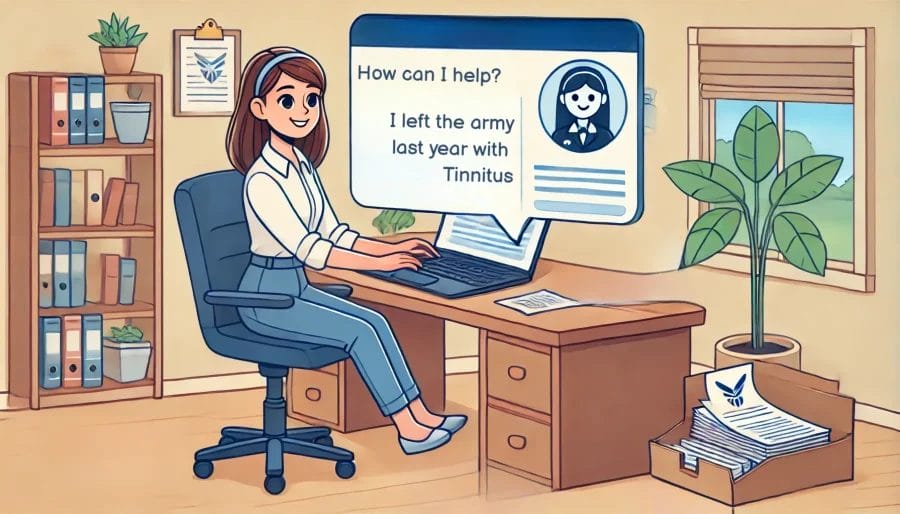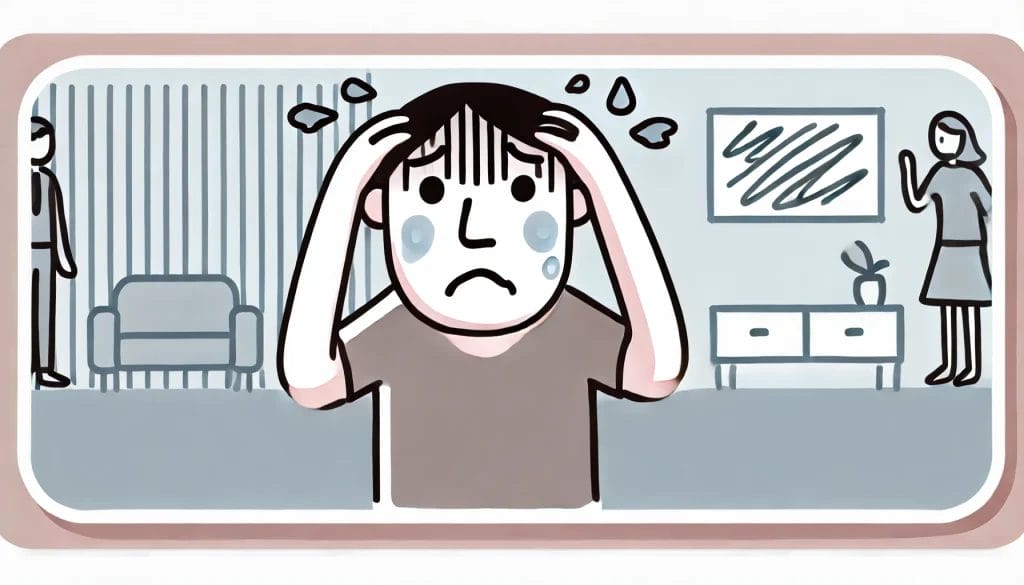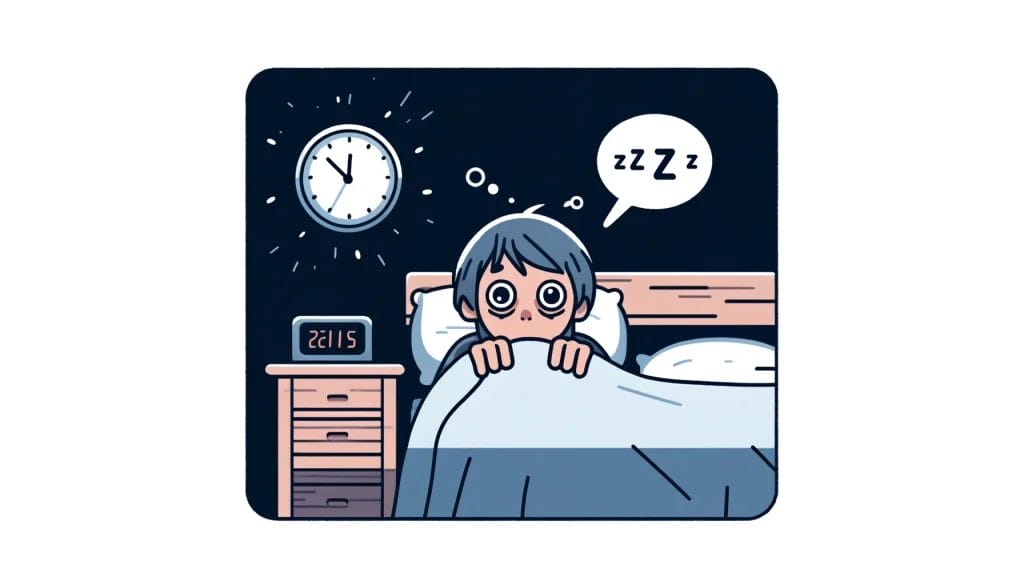VA disability benefits are financial compensations provided to veterans who have acquired disabilities due to their military service.
These benefits aim to support veterans whose service-related disabilities affect their ability to work. The compensation amount is determined by the severity of the disability and its impact on the veteran’s capacity to perform daily activities and maintain employment.
The Department of Veterans Affairs (VA) employs a rating system to assess disability levels, ranging from 0% to 100%. A 0% rating signifies a minor disability, while a 100% rating indicates total disability. Veterans may receive additional compensation if they have dependents, including spouses, children, or dependent parents.
Understanding the application process for VA disability benefits is crucial for veterans. This includes knowing how their specific disabilities will be evaluated to ensure they receive appropriate compensation. The evaluation process considers medical evidence, service records, and the overall impact of the disability on the veteran’s life and work capabilities.
Veterans should be aware that the VA rating system is complex and can be subject to periodic reviews. It is possible for disability ratings to change over time, either increasing or decreasing based on the progression or improvement of the condition. Additionally, veterans may be eligible for other VA benefits and services beyond monetary compensation, depending on their disability rating and individual circumstances.
Key Takeaways
- VA Disability Benefits provide financial support for veterans with service-connected disabilities
- Anxiety and insomnia can impact VA Disability claims and may qualify for separate disability benefits
- Veterans can apply for separate VA Disability for anxiety and insomnia with supporting medical evidence
- The VA Disability Rating Scale determines the level of disability and corresponding benefits for anxiety and insomnia
- Veterans can use a VA Disability Calculator to estimate potential benefits for anxiety and insomnia claims
- Veterans have the right to appeal a VA Disability claim decision for anxiety and insomnia
- VA resources are available to provide additional support for veterans dealing with anxiety and insomnia
AI Powered Chatbot for VA Disability Claims
Learn more about the VA Disability process and get help with our VA Disability Claim Chatbot programmed and trained by AI

How Anxiety and Insomnia Impact VA Disability Claims
Understanding Anxiety and Insomnia
Anxiety can manifest in various ways, including panic attacks, constant worry, and difficulty concentrating, while insomnia can lead to chronic fatigue, irritability, and difficulty functioning during the day.
Challenges in VA Disability Claims
When it comes to VA disability claims, anxiety and insomnia can be challenging to prove and receive compensation for. These conditions are often not as visible as physical injuries, making it harder for veterans to demonstrate the extent of their disability.
Strengthening VA Disability Claims
However, it’s important for veterans to seek medical documentation and support from mental health professionals to strengthen their claims. By providing evidence of the impact of anxiety and insomnia on their daily lives and ability to work, veterans can increase their chances of receiving the compensation they deserve.
Applying for Separate VA Disability for Anxiety and Insomnia

Veterans who suffer from anxiety and insomnia can apply for separate VA disability benefits for each condition. It’s important for veterans to clearly outline the symptoms and impact of each condition in their application, as well as provide supporting medical evidence. This can include documentation from mental health professionals, such as psychiatrists or psychologists, as well as records of any medications or treatments received for anxiety and insomnia. However both are rated under mental health which would generally be combined overall.
When applying for separate VA disability benefits, veterans should also consider how these conditions may interact with other service-related disabilities they may have. For example, anxiety and insomnia can exacerbate physical injuries or other mental health conditions, leading to a greater overall impact on a veteran’s ability to work and carry out daily activities. By thoroughly documenting the impact of anxiety and insomnia on their lives, veterans can increase their chances of receiving the compensation they deserve.
VA Disability Rating Scale for Anxiety and Insomnia
When it comes to VA disability ratings for anxiety and insomnia, these conditions are typically rated under the VA’s General Rating Formula for Mental Disorders, as they are often considered mental health conditions. Veterans can receive a single rating that accounts for both anxiety and insomnia, or they may receive separate ratings if they are diagnosed as distinct conditions. Here’s how the VA typically addresses these issues:
Combined Ratings for Mental Health Conditions (Anxiety and Insomnia)
- Anxiety disorders and insomnia often fall under the broader category of mental health disorders like Generalized Anxiety Disorder (GAD), Panic Disorder, or Chronic Insomnia.
- If both anxiety and insomnia are diagnosed as part of the same mental health condition, they will typically be rated together under one disability rating, rather than as two separate conditions.
VA Rating Criteria for Anxiety and Insomnia (Mental Health Disorders)
The VA uses the General Rating Formula for Mental Disorders, which includes conditions such as anxiety, depression, and insomnia. The VA assigns ratings of 0%, 10%, 30%, 50%, 70%, or 100%, depending on the severity and impact of the condition on occupational and social functioning.
0% Rating:
- A diagnosis of anxiety or insomnia is present, but symptoms are so mild that they do not interfere with work or social functioning.
10% Rating:
- Mild or transient symptoms that decrease work efficiency or ability to perform occupational tasks during periods of significant stress.
- Occasional sleep disturbances, mild anxiety, or manageable symptoms.
30% Rating:
- Occasional decrease in work efficiency with intermittent periods of inability to perform tasks, but generally functioning satisfactorily with routine behavior.
- Chronic sleep impairment (difficulty falling or staying asleep), mild anxiety affecting day-to-day life.
50% Rating:
- Reduced reliability and productivity due to symptoms like panic attacks more than once a week, difficulty understanding complex commands, memory impairment, and disturbances in motivation and mood.
- Anxiety and insomnia that significantly disrupt daily activities or relationships.
70% Rating:
- Deficiencies in most areas, such as work, school, family relations, judgment, thinking, or mood.
- Symptoms may include near-continuous panic or depression, inability to function independently, impaired impulse control, or difficulty adapting to stressful situations.
100% Rating:
- Total occupational and social impairment due to symptoms such as persistent delusions, hallucinations, inappropriate behavior, or memory loss for names of close relatives, occupation, or own name.
- This is the highest level of impairment, where the veteran cannot maintain employment or normal social relationships due to the severity of their anxiety, insomnia, or related mental health symptoms.
Separate Ratings for Anxiety and Insomnia
In some cases, a veteran may be assigned separate ratings for anxiety and insomnia, but this is less common since insomnia is often considered a symptom of a broader mental health issue. If a veteran has separate diagnoses for anxiety and insomnia and both are service-connected, the VA could assign individual ratings. However, VA avoids “pyramiding,” meaning they won’t rate the same symptoms under different diagnoses.
If you’re dealing with both conditions and pursuing a VA claim, it is important to ensure the conditions are fully documented and explained by a medical professional to provide clear evidence of the impact on your life and work.
Using a VA Disability Calculator to Estimate Benefits
Veterans can use a VA disability calculator to estimate the potential benefits they may receive for anxiety and insomnia. These calculators take into account the VA’s rating scale and the veteran’s individual circumstances, such as dependents and other service-related disabilities. By inputting information about their conditions and personal situation, veterans can get an estimate of the monthly compensation they may be eligible for.
Using a VA Disability Calculator can help veterans understand the potential financial support they may receive and plan accordingly. It’s important to note that these calculators provide estimates and that the final decision on compensation is made by the VA based on the evidence provided in the veteran’s application. However, using a calculator can give veterans a better understanding of what to expect in terms of benefits for their anxiety and insomnia.
Appealing a VA Disability Claim for Anxiety and Insomnia

Understanding the Appeals Process
If a veteran’s initial claim for VA disability benefits for anxiety and insomnia is denied or they receive a lower rating than expected, they have the right to appeal the decision. The appeals process allows veterans to provide additional evidence and documentation to support their claim, as well as request a review by a different VA adjudicator. It’s essential for veterans to carefully review the reasons for denial or the assigned rating to address any deficiencies in their initial application.
Seeking Support Throughout the Appeals Process
When appealing a VA disability claim for anxiety and insomnia, veterans should consider seeking support from organizations that specialize in assisting with VA claims, such as Veterans Service Organizations (VSOs) or legal representatives. These organizations can provide valuable guidance and support throughout the appeals process, increasing the chances of a successful outcome.
Improving Chances of a Successful Appeal
By being persistent and thorough in providing evidence of the impact of anxiety and insomnia on their lives, veterans can improve their chances of receiving the compensation they deserve.
Seeking Additional Support for Anxiety and Insomnia through VA Resources
In addition to VA disability benefits, veterans suffering from anxiety and insomnia can seek additional support through VA resources. The VA offers a range of mental health services, including counseling, therapy, and medication management for conditions such as anxiety and insomnia. Veterans can access these services through VA medical centers, outpatient clinics, or telehealth options.
The VA also provides resources specifically tailored to addressing mental health challenges faced by veterans, such as the Veterans Crisis Line, which offers immediate support for veterans in crisis. Additionally, the VA offers peer support programs and group therapy sessions that can provide veterans with a sense of community and understanding as they navigate their mental health challenges. By utilizing these resources, veterans can receive comprehensive support for their anxiety and insomnia beyond just financial compensation.
It’s important for veterans to explore all available options for managing their mental health conditions and improving their overall well-being.
